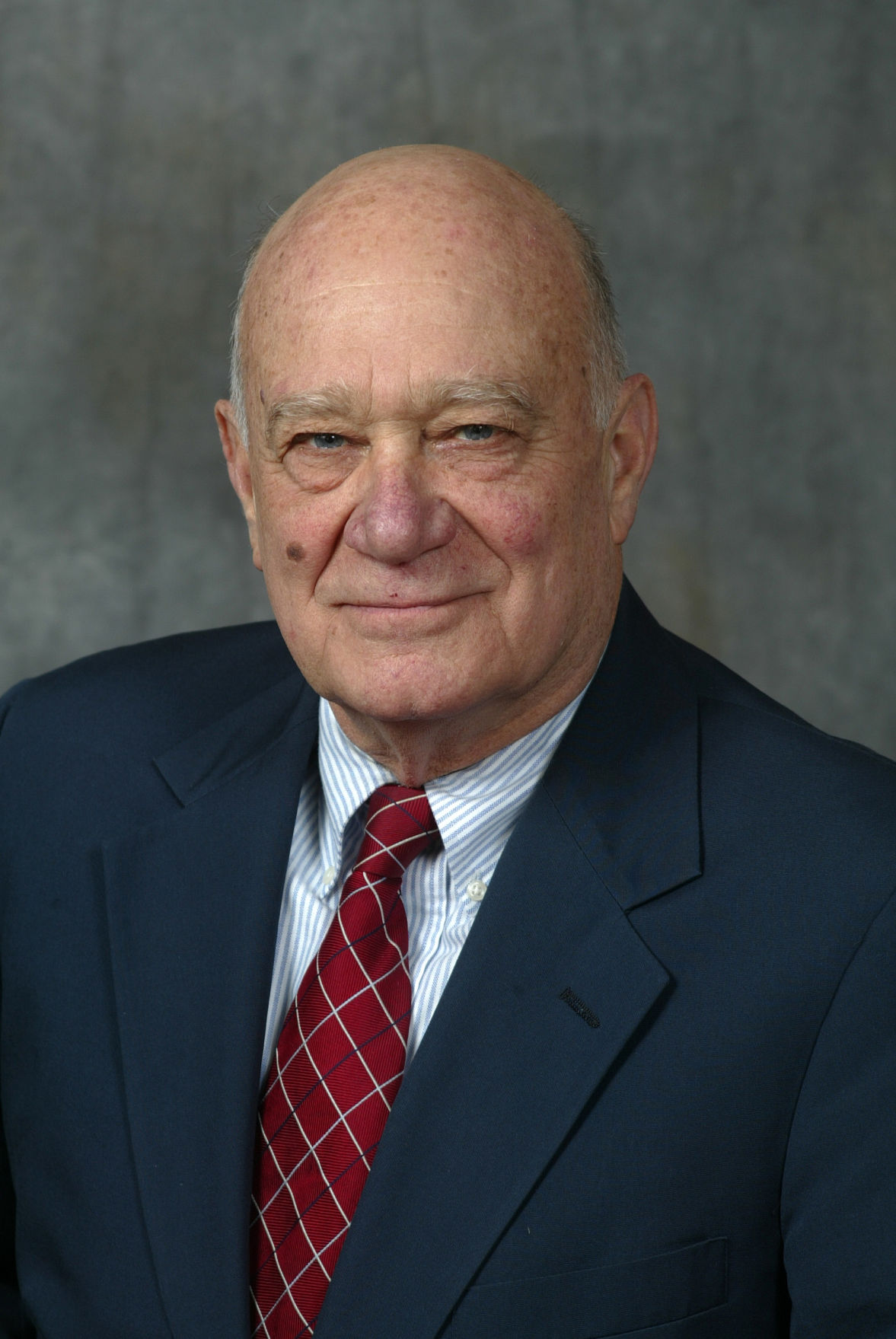As I celebrate my journey past Lincoln’s “four score” count, what a pleasure and privilege it is to write for this paper (the publisher has been a powerful supporter of a marketplace of ideas).
Those of us who are fortunate enough to proceed into “Elderhood” have a chance to draw on experiences and past lessons as guides to the present and the future. That explains why so many societies have celebrated old age and have looked to Elders for wisdom. We, the Elders, have a responsibility to strive to live up to this goal,
In starting this column, I especially want to celebrate one of my longest and dearest friends, a person whose passion for democracy, justice, and human rights remained undiminished into his ninth decade.
The late Stan Isaacs truly deserves a James Boswell, the man who followed Samuel Johnson wherever he went during the late 1700s so he could write about Johnson’s exceptional creativity and actions. (You can get a sense of Johnson by visiting his Fleet Street home in London, and going to nearby Ye Old Cheshire Pub, where he conducted local salons.)
I would love to venture a book about Stan, but for now I can just give some brief views about why he is an inspiration for this column.
Over five decades Stan was a celebrated writer at Newsday.
He received much national recognition; he was among the earliest journalists to examine larger social themes related to sports.
George Vecsey, resident of Nassau’s North Shore, and for decades the featured New York Times sports columnist, credited Stan with being his mentor.
Both men recognized that “journalism is history in a hurry.”
There is a pressure in meeting daily deadlines that those of us who write history do not encounter. George shared with mentor Stan, an intellectual depth in seeking larger contemporary contexts for stories, and, indeed, analytical perspectives from the past, well beyond a sports’ focus.
They understood that we are all prisoners of the present if we lack larger understandings of how we got to where we are.
Stan often invited me to accompany him for interviews and events and subjected me to the same kind of probing questions as he did everyone – always seeking reliable knowledge and its implications for a good society.
Stan especially appreciated the view I shared from my Columbia professor Richard Hofstadter, who wrote:
“To know our heritage takes us far toward improving our knowledge of ourselves, and to know ourselves is indispensable if we are to act with understanding and realism in the shaping of our future.”
Stan was a tough-minded investigative journalist, because he believed (as one of his heroes A.J. Liebling did) that the public interest needed to be served. In doing that, Stan always brought a keen sense of “tikkun olam” (repairing and making better all lives) to his journalistic ventures, and to every aspect of his relationships with others.
That great pioneer of American journalism, Benjamin Franklin, celebrated Stan Isaacs when he wrote: “It is not enough to do well; one must also strive to do good.”
In striking regard, Stan was a social activist “Sol Hurok.” He was an arranger of creative events and a maestro of festivities (always with deep empathy and caring for nearly everyone — but with powerful public opposition to those who betrayed the civic trust).
Stan’s home in Roslyn Heights was the setting for many “salons” — bringing together a striking diversity of people to examine and debate the world, always seeking ways, together, to improve it. (As an ever modest guy from Brooklyn, Stan would never characterize his many gatherings as “salons.”)
Indeed, his unpretentious manner was described in 1975, when a college student, apprehensive about an interview with this acclaimed journalist, later observed: “He’s so nice; he’s like a journalistic Columbo” (no doubt his attire also contributed to that view).
Stan Isaacs is a Roslyn, Long Island and national hero.
I’d like to give examples of that in the future, but, because my word count is limited, I conclude, for now, with these points: 1) for decades Stan called his column, “Out of Left Field,” and I will use the same title as I try to honor him; 2) “Left Field” did, and does, carry with it a political “orientation” — but Stan always invited discourse with everyone, and so do I; 3) “Left Field” is also a baseball position that affords a vantage point for the entire game, and, for Stan and me, a love of the sport; 4) Stan and I often discussed the view of my professor, Jacques Barzun, who wrote in the 1950s: “Anyone who wants to understand the heart and mind of America must understand baseball.”
The continuing relevance of that “historical” view will be considered later, whether or not the Mets win the “World Serious.”



